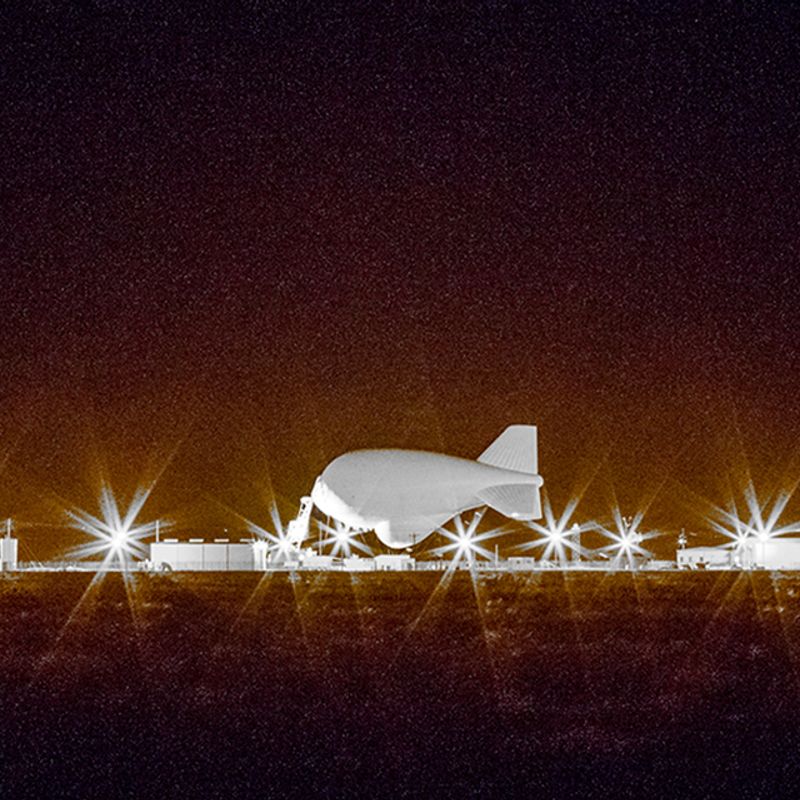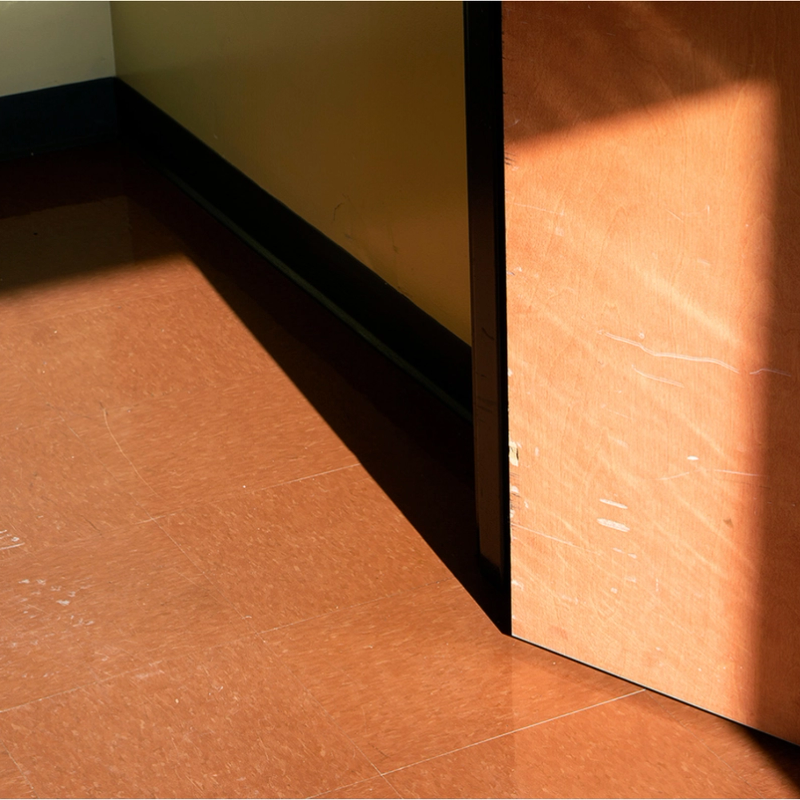La cura
by José WatanabeEl cascarón liso del huevo
sostenido en el cuenco de la mano materna
resbalada por el cuerpo del hijo, allá en el norte.
Eso vi:
Una mujer más elemental que tú
espantando a la muerte con ritos caseros, cantando
con un huevo en la mano, sacerdotisa
más modesta no he visto.
Yo la miraba desgranar sobre su regazo
los maíces de la comida
mientras el perro callejero se disolvía en el relente del sol
lamiendo
el dolor arrojado a la tierra
junto con el huevo del milagro.
Así era. La vida pasaba sin aspavientos
entre gente parca, padre y madre
que me preguntaban por mi alivio. El único valor
era vivir.
Las nubes pasaban por la claraboya
y las gallinas alineaban en su vientre sus santas ovas
y mi madre esperaba nuevamente el más fresco huevo
con un convencimiento:
La vida es física.
Y con ese convencimiento frotaba el huevo contra mi cuerpo
y así podía vencer.
En ese mundo quieto y seguro fui curado para siempre.
En mí se harán todos los milagros. Eso vi,
qué no habré visto.
La cura
#
translated from the Spanish by
Michelle Har Kim
An egg’s smooth shell
cupped in the maternal hand
sweeps across a son’s body, out there in the north.
That is what I saw:
A woman more elemental than you
startling death with folk rites, chanting
with egg in hand, a more modest
priestess I have not seen.
I would watch her shell corn upon her lap
for our evening meal
as the stray dog dissolved into the dew of late sun
lapping
the pain hurled to the ground
with the miraculous egg.
That’s how it was. Life went on without much fuss
between frugal people, father and mother
who asked if I felt better. The one real value
was to live.
Clouds shifted by the open skylight
as hens aligned their holy ova inside their wombs
and my mother waited once again for the freshest egg
with one certainty:
Life is physical.
And with that certainty she rubbed the egg against my body
and thus she would prevail.
In that still and certain world I was cured forever.
In me all miracles shall be done. That’s what I saw,
and what haven’t I seen.

